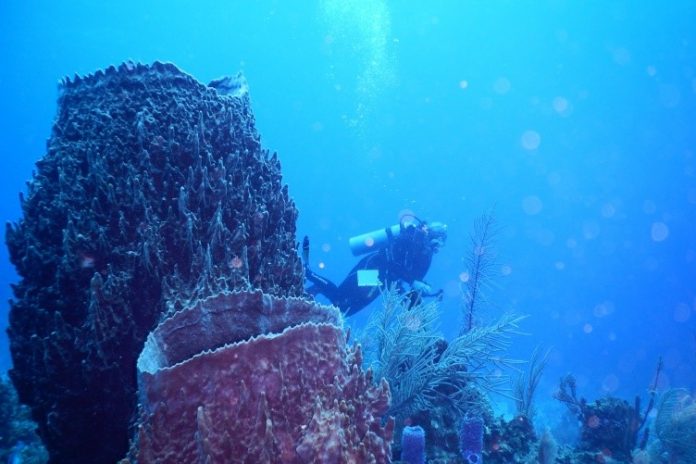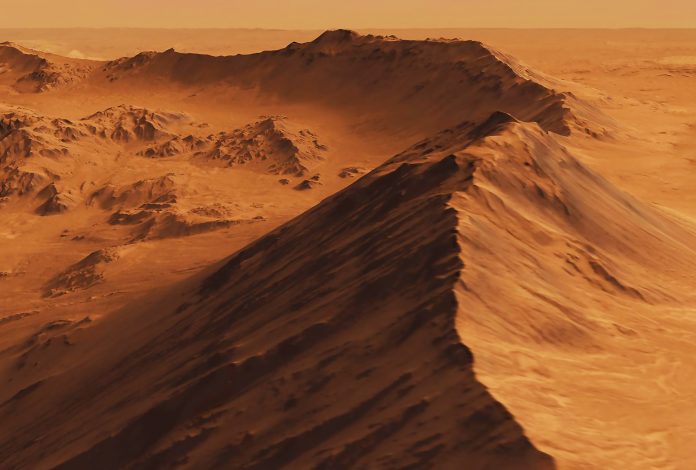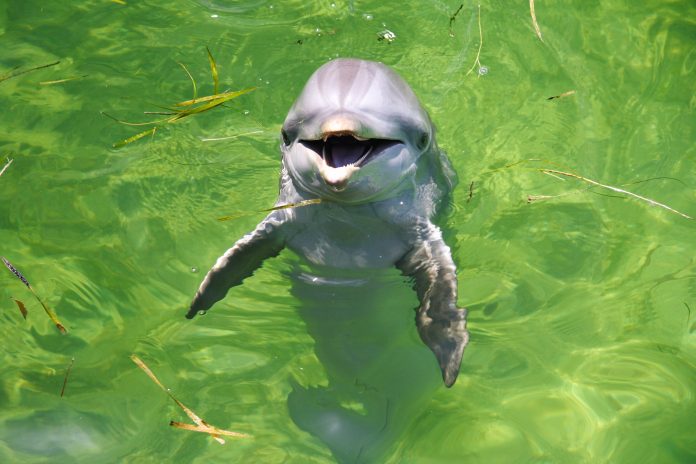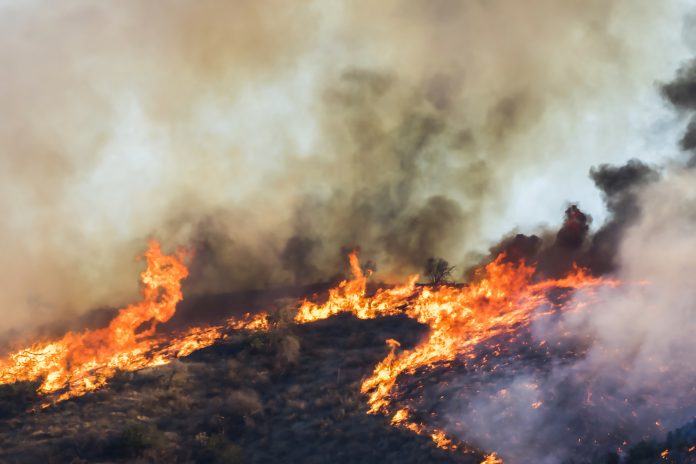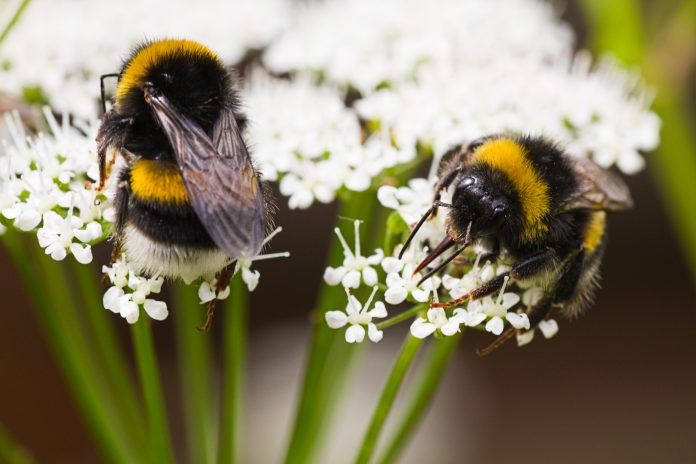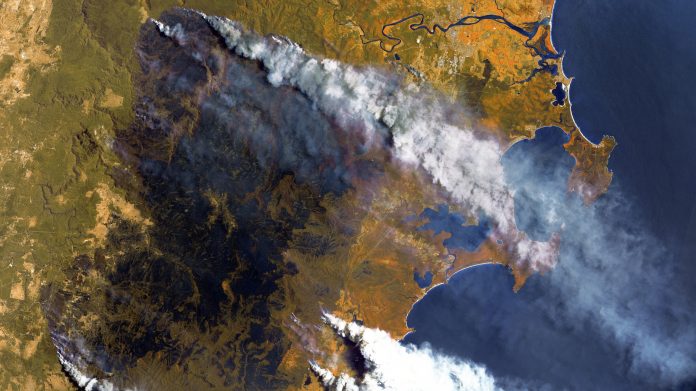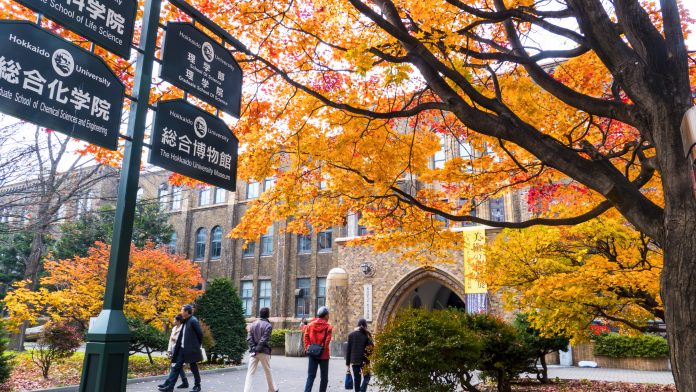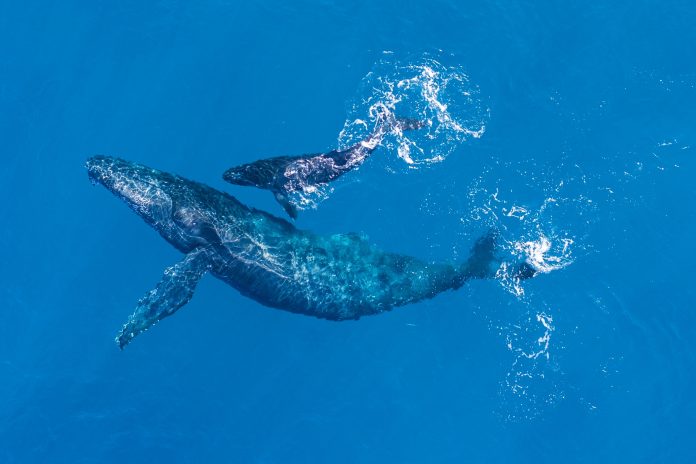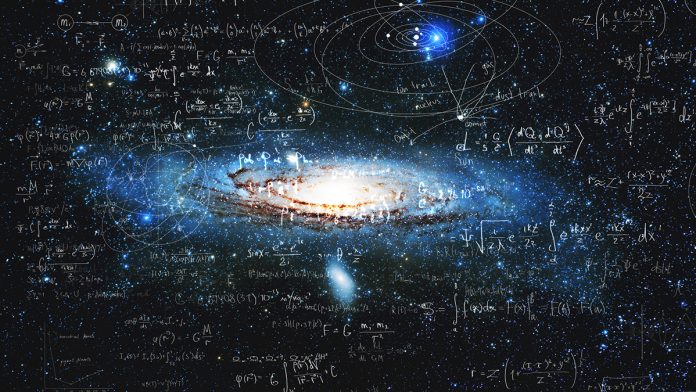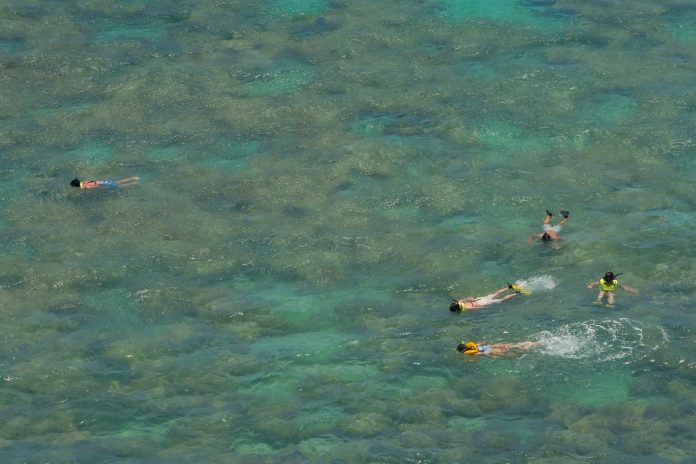Open Access Government produces compelling and informative news, publications, eBooks, and academic research articles for the public and private sector looking at health, diseases & conditions, workplace, research & innovation, digital transformation, government policy, environment, agriculture, energy, transport and more.
Home Search
earth systems - search results
If you're not happy with the results, please do another search
Sustainability, critical raw materials and batteries
Dumitru Fornea, Member of the European Economic and Social Committee, takes a look at sustainability, critical raw materials and batteries
Genomic time machine to understand sea sponge evolution
Key to the health of coral reefs, scientists reveal that sea sponges are among the earliest animals to ever grace planet earth
What is Astrophysics?
Daniele Malafarina, Associate Professor from Nazarbayev University, School of Sciences and Humanities, unpacks astrophysics for us.
Could soil microbes be a solution to the climate crisis?
Research from Arpita Bose’s lab combines nature with the laboratory to innovate solutions to our global climate crisis
Much of the focus on climate change mitigation lies in reducing anthropogenic emissions of carbon greenhouse gases (e.g., carbon dioxide, CO2; methane, CH4), which continue to increase. An additional consideration is the...
Scientists say solar energy better than nuclear energy on Mars
Is solar energy better than nuclear energy? Scientists say solar tech could provide all the power needed for an extended mission to Mars.
Minimising impacts of coastal construction on bottlenose dolphins
Dolphin Behaviourist and Biostatistician gives insight into the impacts of coastal construction, ensuring quality of coastal life for dolphins
Twitter bans climate change denial from advertising spaces
Ads which promote climate change denial will be banned from the social media platform, but individual users won't be affected by the change.
Large bees are in decline due to climate change
Large bees will decline in population size, as smaller bees are more resistant to climate change due to better heat tolerance.
Restoring biodiversity: Ecological value of hedgerows
Laura Arneson Horn, Owner of the Wild Bee Project considers the ecological value of hedgerows, crop pollination by diverse wild bees and restoring biodiversity
EU announces €55 million for climate change monitoring
As part of an ocean funding package of nearly €1 billion, the European Commission will fund €55 million into climate change monitoring over two years.
Understanding Jupiter’s Galilean moon and shimmering auroral footprints
Scientists discover clues about what causes Jupiter’s auroral footprints and shimmering lights in space.
Education equals innovation when studying in Japan
Open Access Government discuss Japan’s focus on supporting young researchers to help achieve the country’s scientific research and development goals when studying in Japan.
Climate change increases the speed of ocean sound transmission
Ocean sound transmission is being sped up due to global warming induced by climate change – threatening marine species as sounds travel faster and become louder.
Declining global agrobiodiversity is harmful to health and food safety
Experts warn that an increasingly unhealthy diet is not only bad for humans, but also global agrobiodiversity – slowly damaging human health and the Earth.
Rotating Lepton Model: Coupling relativity, quantum mechanics and neutrinos for the synthesis of matter
Professor Costas Vayenas and his coworkers Dionysios Tsousis and Dimitrios Grigoriou, discuss how using special relativity to study neutrino motion at fm distances leads to Bohr type models with relativistic gravity as the attractive force.
Sustainable buildings
Borja Izaola, Project Manager from GBCe (Green Building Council España), tells us what we need to know about sustainable buildings.
NIST: Advancing innovation for quality of life
The National Institute of Standards & Technology works to promote U.S. innovation and industrial competitiveness by advancing measurement science, standards and technology to enhance economic security and improve quality of life.
Cultivating a resilient environment with ground-breaking science
Professor Susan Waldron, Director of Research and Skills at the Natural Environment Research Council emphasises the importance of research and innovation in adapting to climate change.
Global food security analysis – part 1
Curtis R Youngs from Iowa State University, provides an analysis of global food security, in this the first part of a four-part series
61% of Hawaiian coral exposed to warming conditions, survive
In an optimistic 22-month study of Hawaiian coral, researchers find they may adapt well to warmer and more acidic oceans resulting from climate change.


